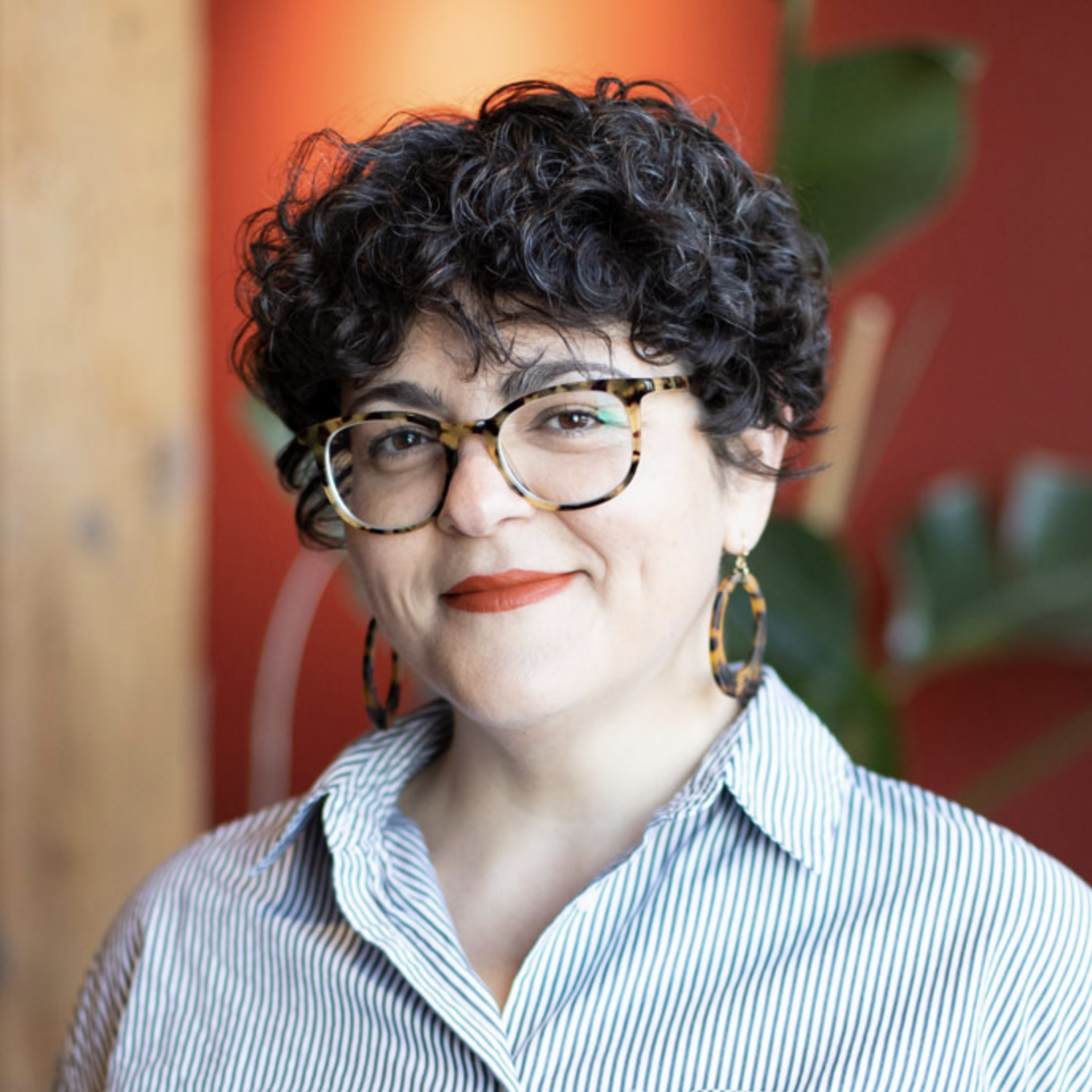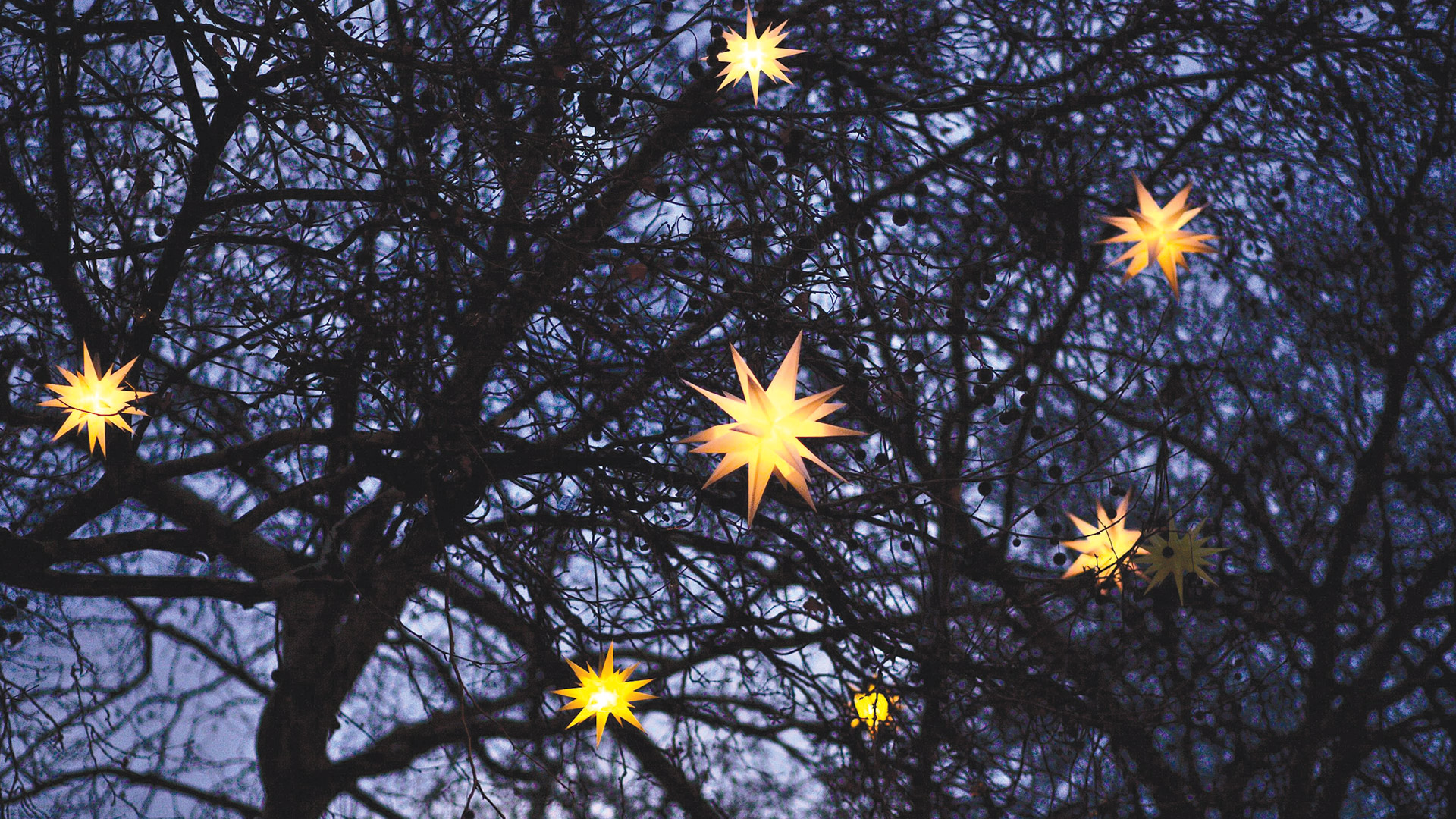Today marks the beginning of Advent—the season in the Church calendar where we wait, with great hope and anticipation, for the coming of Jesus to earth, both as fully God and fully human.
Here, Jennifer Fernandez, PhD, ABD, reflects on the divine challenge of Jesus to love radically and how, even though we are in a season of waiting, we can be part of this holy transformation, the impossible possible, in the here and now.
You can sign up for our sixth annual Advent series, delivered via email every Sunday of Advent, here.
Advent is a transformational countdown to transformation itself. A paradoxical time, Advent is a time of expectation and anticipation for something that hasn’t happened yet and which can’t fully be imagined. In our corner of the world, Advent shows up on the landscape of our grey and (usually) rainy winter. Bundled up in our coats and sweaters, we wrap hands around our peppermint mochas and hunker down until the first light of spring when robins join us with their knowing “see-didn’t-I-tell-you-it was-coming,” tweet tweet tweets. And so we wait and trust that spring will come and we’ll one day see the sun again.
Similarly, advent is a time of impending hopeful change and transformation–something is coming but it’s not here yet. It’s a time when we turn our attention to the impossible possible– the coming of what we can only imagine. Theologically we are waiting for the transformational presence of God in our time. We are waiting and counting the days for the breaking-in of a radical spirit of transcendent immanence.
In Christian tradition, God breaks into our time, disrupts time, displaces time, disorients time and all we can do is wait. And trust. Trust that that transformation will come, that divine love and peace is coming just like the spring blossoms. It’s a theology of radical rupture where the impossible becomes possible. This is a theology of hope.
Liturgically Advent marks the time of waiting til Jesus’ birth, but it’s so much more than that–it’s a countdown for the message Jesus would bring into this broken world–that of the kingdom of God where society would live in love, peace, and equality. Advent therefore is a time of waiting for the divine message, the promise, the hope for something righteous and holy.
Early 20th-century theologian Walter Rauschenbusch taught that the kingdom was not an apocalyptic vision of what was to come, but rather, a prophetic call for social transformation in the here and now. This radical message would become central to the visionary movement known as the social gospel. We live in a time where we desperately need to be reminded of this transformational vision for what could be, right here and now as we’re not just in the season when nights are long and days are grey, quite literally and figuratively our days are grey. Our political climate is dire, to say little of the state of the climate itself. There’s xenophobia, nationalism, gender inequality, economic instability, food insecurity… these are but words pointing to deep hurts and pains inflicted on us and by us. We feel it in our bones when we see families separated at borders, when white supremacists spew hate, when gun violence and toxic systemic oppression abound–these are dark times indeed.
Advent though is a time of waiting for the transformational in-breaking of radical, vibrant, spirit incarnate. A divine presence in fleshly form come to tell us that there is a different way to live and be. While we often wrap Jesus in platitudes about love, grace, generosity, and equality, Jesus also posed a divine challenge to systems and structures by flipping tables in the temple and challenging the narrative of empire calling truth to power with divine love and righteous anger. The divine challenge Jesus brought is to love so radically, so boldly, that you question the very structures that seek to rob people of divine love, acceptance, peace, and abundance. In fact, the very narrative of Jesus’ birth and death defies all reason, it flips the script on what the world tells us is possible!
Our theology of hope therefore is not one that should rest on hope alone without informed action, or without conscientious response to systemic and structural inequality. Rather, the summons offered to us through Jesus’ divine in-breaking, is one that challenges us to love one another so much that we create the impossible through structural and systemic transformation–through our interrogation of political and economic institutions (those which Rauschenbusch called “super-personal entities of evil”).
Rauschenbusch argued that these institutions perpetuate social sin drawing us away from one another and binding us in individualistic thinking, that which moves us further away from collective thriving. We may feel that the kingdom is too far from our own reality, too ephemeral to capture. And yet the work of persistent hopeful imaginative radical love is the very task we are given. Theological descendent of Rauschenbusch, Dr. Cornel West reminds us that, “We’ve forgotten that a rich life consists fundamentally of serving others, trying to leave the world a little better than you found it. We need the courage to question the powers that be, the courage to be impatient with evil and patient with people, the courage to fight for social justice. In many instances we will be stepping out on nothing, and just hoping to land on something. But that’s the struggle. To live is to wrestle with despair, yet never allow despair to have the last word.”
This Advent, as in the past, we’ll participate in liturgy commemorating the incarnational in- breaking of the divine. We’ll buy Christmas trees and put up decorations, attend a Christmas pageant or Advent festival. But as we live in liminal time aware of the days that pass, might we imagine ourselves as part of the impossible possible? St. Teresa of Avila wrote that “Christ has no body now but yours/No hands, no feet on earth but yours/Yours are the eyes with which he looks/compassion on this world/Christ has no body now on earth but yours.” Might we remember to live into a love so potent, so present that it shatters the landscape of what is and reveals through our very hands and feet social justice and divine transformation of the here and now? Let us embrace this Advent, a divine challenge to be bold lovers who imagine and who question, who resist forces that seek to separate us from neighbor, and who believe that divine love binds us to one another and to the future that we create together.


